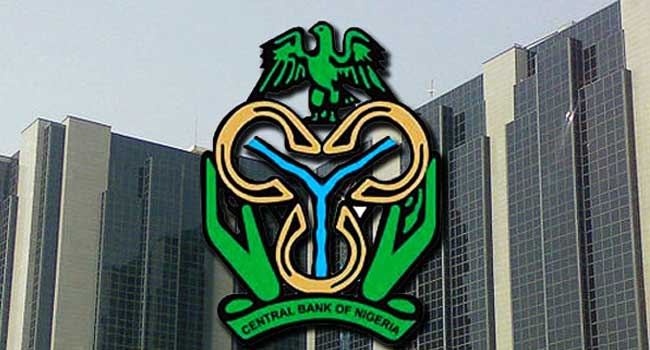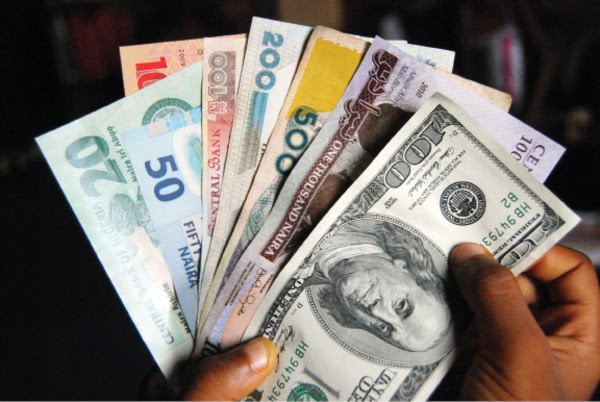The Central Bank of Nigeria (CBN) on Tuesday intervened in the inter-bank market to the tune of 482.6 million dollars in the first trading day after the Democracy Day celebrations.
A statement issued by its Acting Director, Corporate Communications, Mr Isaac Okorafor in Abuja said that this was part of measures to underline its determination to guard the international value of the naira.
Okorafor said that a breakdown of the intervention indicates that the retail Secondary Market Intervention Sales (SMIS) was allocated 285.7 million dollars, while the 100 million dollar was offered in the Wholesale SMIS auction window.
The Small and Medium Enterprises (SMEs) window got an allocation of 52 million dollars, while the invisibles segment, comprising Basic Travel Allowance (BTA), Personal Travel Allowance (PTA), medicals and tuition fees, among others was allocated 45 million dollars.
Okorafor said that the interventions were in line with the Bank’s resolve, echoed by the Governor, Godwin Emefiele at last Tuesday’s briefing of the Monetary Policy Committee (MPC) meeting.
While expressing pleasure that the intervention of the bank had ensured stability across all segments of the Foreign Exchange market, Okorafor expressed optimism that the bank’s objective of exchange rate convergence would be achieved soon.
Okorafor reiterated his call to all stakeholders to play their respective roles in ensuring a smooth running of the Foreign Exchange market for the overall benefit of the economy.
According to him, surveys in Abuja, Lagos, Kano and Port-Harcourt on Tuesday indicated that the dollar traded to the Naira at an average rate of N375 to one dollar.
NAN


